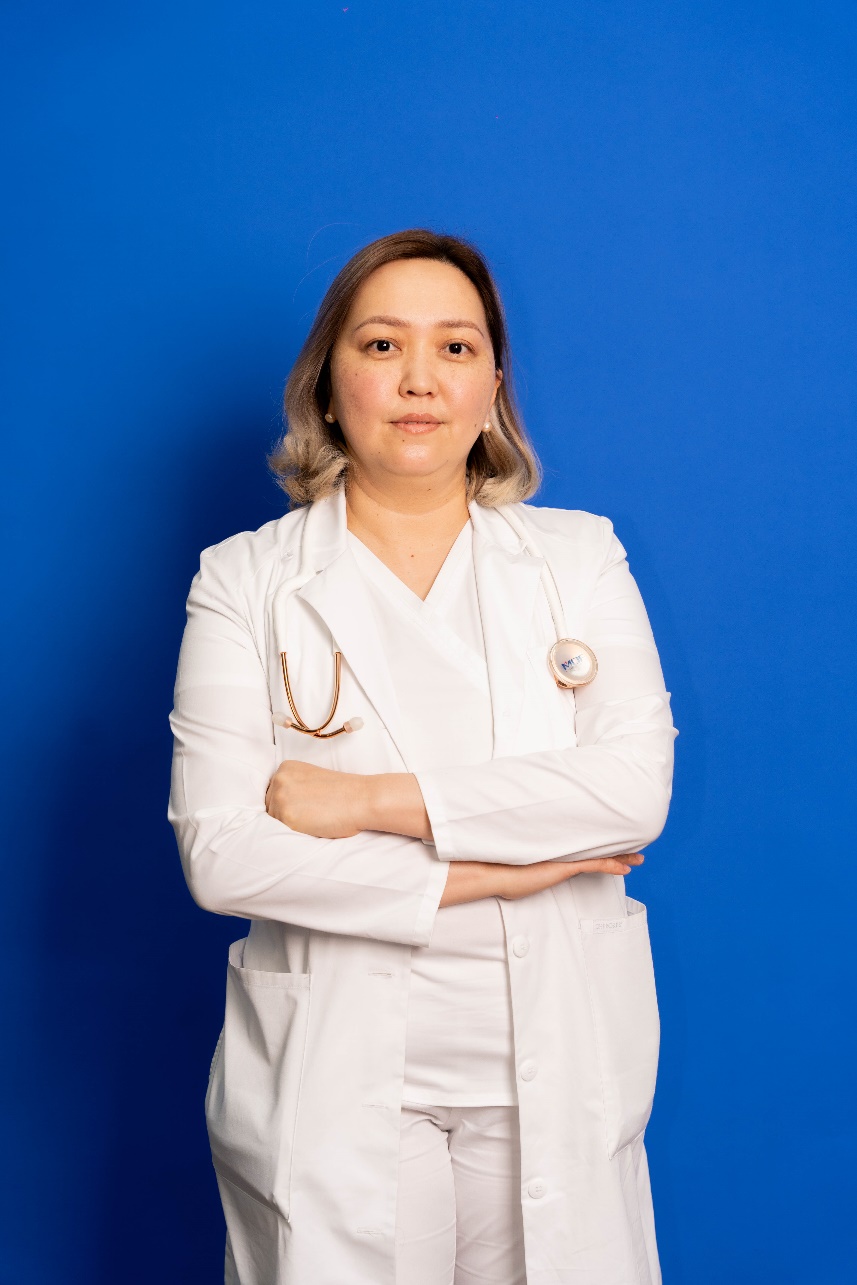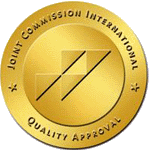Therapeutic Department No. 8 (Hepatology)
About the Department
Therapeutic Department No. 8 provides specialized medical care to patients with liver diseases, gastrointestinal disorders, and associated therapeutic conditions. The department combines hepatology and general internal medicine profiles, focusing on the management of patients with chronic, inflammatory, autoimmune, and metabolic diseases of the liver and gastrointestinal tract (GIT).
We admit patients with:
- Metabolic-associated fatty liver disease (MAFLD), steatohepatitis;
- Alcohol-related liver disease;
- Autoimmune hepatitis, primary biliary cholangitis;
- Chronic viral hepatitis (B, C, B + delta agent);
- Liver cirrhosis of various etiologies;
- Portal hypertension, ascites of unclear origin, hepatic encephalopathy;
- Drug-induced liver injury;
- Functional and metabolic disorders (functional gastrointestinal disorders, insulin resistance syndrome, dyslipidemia, etc.).
Diagnostic Capabilities
The department offers modern laboratory and instrumental diagnostic methods, including:
- PCR testing for viral hepatitis (HBV, HCV, HDV – quantitative and qualitative);
- Immunological testing for autoimmune liver diseases (ANA, AMA, SMA, LKM, IgG);
- Genetic testing for hereditary liver diseases (Wilson–Konovalov disease, hemochromatosis, etc.);
- Abdominal ultrasound with Doppler assessment of the portal system;
- Hepatocellular carcinoma screening (AFP, ultrasound, CT/MRI with contrast);
- Computed tomography and MRI of the liver with contrast enhancement;
- Liver elastography.
Treatment Capabilities
- Management of patients with MASH (metabolic-associated steatohepatitis): selection of antifibrotic, hepatoprotective, and metabolic therapy;
- Selection of antiviral therapy for HBV and HCV according to modern international protocols;
- Comprehensive treatment of patients with liver cirrhosis and its complications;
- Prevention and management of portal hypertension and bleeding;
- Selection of nutritional support (with a dietitian’s involvement);
- Monitoring of drug side effects and treatment of drug-induced liver injury.
Multidisciplinary Approach
Patients with liver diseases receive care in close collaboration with specialists from other fields:
- Endocrinologists — for MAFLD, type 2 diabetes, metabolic syndrome;
- Infectious disease specialists — for viral hepatitis and post-infectious conditions;
- Nephrologists — for chronic kidney disease associated with cirrhosis;
- Rheumatologists — in cases combined with systemic diseases;
- Oncologists — for suspected primary or secondary liver cancer;
- Dietitians and nutritionists — for nutritional disorders and sarcopenia;
- Psychotherapists — for functional, asthenic-depressive, and anxiety disorders
Educational Initiatives
The department’s staff have developed and implemented the “Patient School for Liver Diseases” — a series of educational sessions, informational brochures, and support groups aimed at increasing patient awareness and encouraging active participation in therapy.
The department also plans to host educational events and seminars on current hepatology topics for physicians from the regions.
Our Approach
- Individualized therapy considering all risk factors;
- Evidence-based medicine;
- Multidisciplinary team;
- Continuity of care and dynamic follow-up;
- Focus on the quality of life of the patient and their family.
Department Physicians
 |
Altynai Kabisheva |
|
|
Sharizada Bayniyazova |
|
|
Zhanara Kurmanbayeva |




